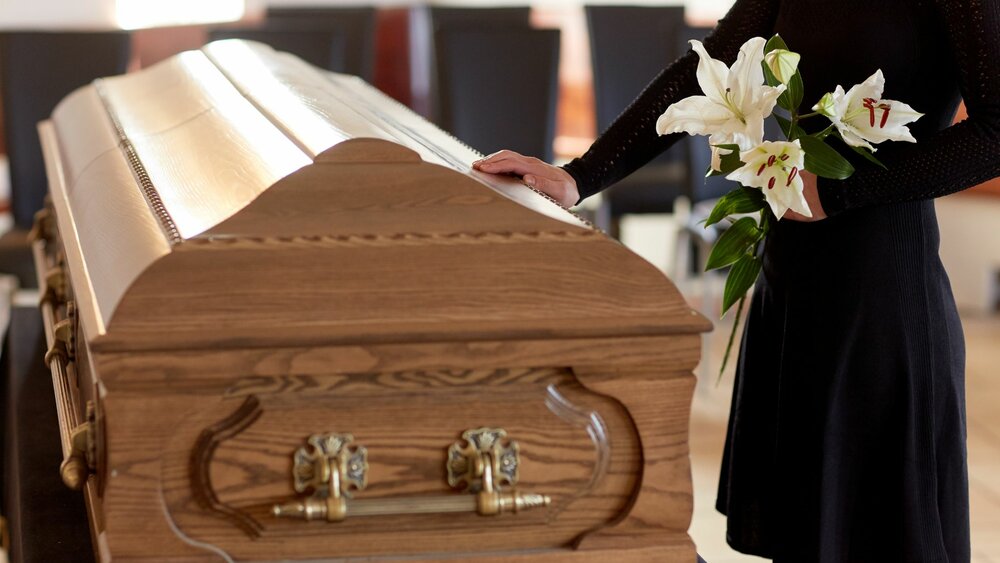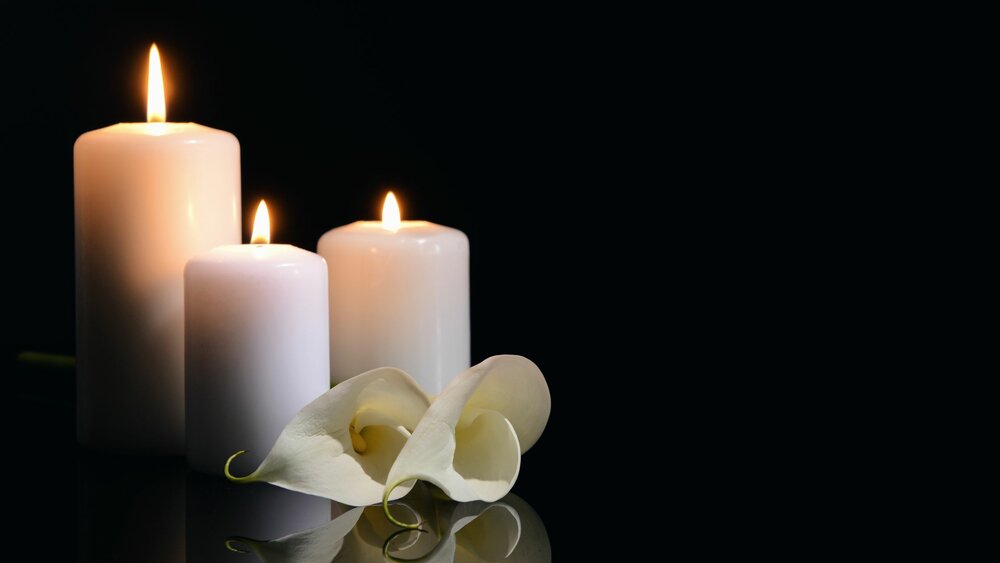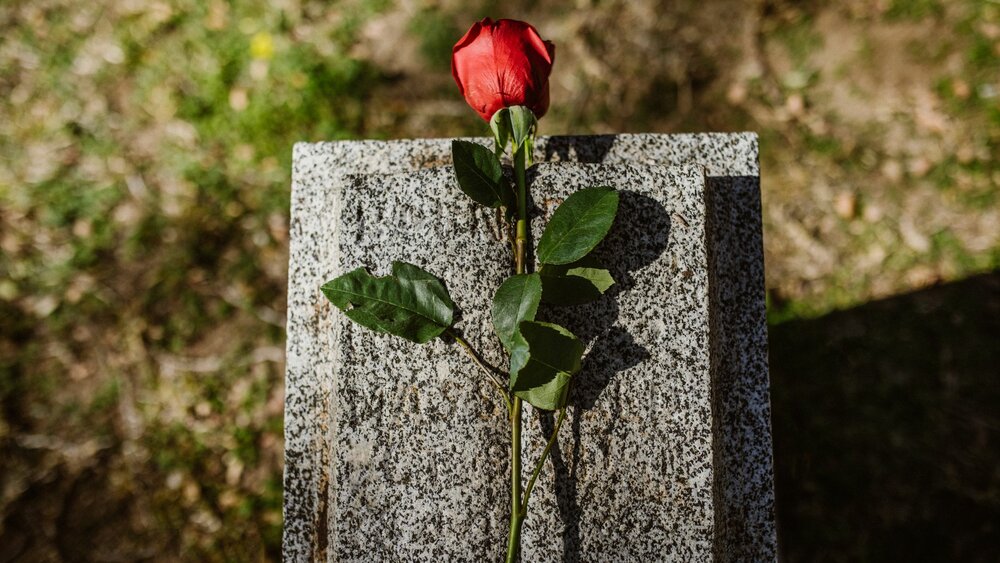
Celebration of Life vs. Funeral: What’s the Difference?
When a loved one passes away, it can be one of the most difficult times a family experiences. Beyond the emotional toll of loss, there are decisions to be made about how best to honor and remember the deceased. One of the most important decisions families face is whether to opt for a traditional funeral service or a more modern "celebration of life." While both types of services serve to pay tribute to the deceased, they differ significantly in tone, setting, and purpose. Understanding these distinctions can help you choose a service that best reflects the life and legacy of your loved one.
In this blog, we will explore the differences between traditional funeral services and celebrations of life, focusing on aspects such as tone, structure, location, and overall experience. By the end, you'll have a clearer understanding of which type of service aligns with the wishes of the deceased and the needs of the family.
What is a Funeral?
A funeral is a solemn event that has been a part of human culture for centuries. Rooted in religious, cultural, and spiritual practices, funerals are typically designed to provide a structured environment for mourning, reflection, and closure. The primary focus is on honoring the deceased and supporting those who are grieving. Funerals provide an opportunity to reflect on the life of the deceased, share stories, and process grief in a controlled setting.
Key Components of a Funeral Service
Funerals follow specific, established rituals that give the service a formal and meaningful structure. Here are some common elements of a funeral:
- Viewing or Wake: Often, a funeral service begins with a viewing or wake. This is a time when family and friends can gather to pay their respects and say their final goodbyes. The viewing may take place at the funeral home or another designated location. The deceased is often present in an open or closed casket, depending on the family’s wishes.
- Eulogy and Speeches: The eulogy is a central part of a funeral service. It is typically delivered by a family member, friend, or religious leader and serves to highlight the deceased's life, accomplishments, character, and impact on others. This speech is meant to honor the memory of the deceased and provide comfort to the grieving.
- Religious or Cultural Rites: Depending on the deceased’s beliefs, the funeral may include specific religious or cultural rituals, such as prayers, hymns, or ceremonies. These practices are designed to honor the spiritual life of the deceased and provide solace to the family.
- Burial or Cremation: Following the service, the deceased is either buried in a cemetery or cremated. The choice between burial and cremation often depends on the preferences of the deceased or the family’s traditions. The burial or cremation is followed by a final farewell at the gravesite or crematorium.
- Atmosphere: The overall atmosphere of a funeral is typically somber and reflective. The focus is on mourning the loss and offering support to those who are grieving. The ceremony is designed to create a sense of closure and help attendees process their emotions in a respectful, structured way.
What is a Celebration of Life?
In contrast to the traditional funeral, a celebration of life is a more modern and flexible approach to honoring the deceased. Instead of focusing on mourning, this service highlights the positive aspects of the person's life—their passions, achievements, and the impact they had on others. A celebration of life is less about grief and more about celebrating the joy and fulfillment the person experienced during their lifetime.
This type of service has become increasingly popular in recent years, especially among those who want a more personalized and unique way to remember their loved ones. Celebrations of life tend to be less structured than traditional funerals and offer a more relaxed, personalized atmosphere.
Features of a Celebration of Life Service
A celebration of life can take many forms, and the specifics are often shaped by the personality and wishes of the deceased and their family. Some common features of a celebration of life include:
- Tributes and Personal Stories: One of the central elements of a celebration of life is the sharing of personal stories and memories. Family members and friends are often invited to speak about the deceased, telling stories that reflect their character, humor, or achievements. These stories help attendees remember the positive impact the deceased had on their lives.
- Music and Multimedia: Music plays a key role in many celebrations of life. The deceased’s favorite songs or a playlist that reflects their personality are often played throughout the service. Additionally, video montages or photo slideshows can be created to highlight the key moments of the deceased’s life, giving attendees a visual representation of their memories.
- Unconventional Venues: Unlike funerals, which typically take place in funeral homes or religious settings, celebrations of life can be held in any location that holds significance to the deceased or their family. Popular locations for celebrations of life include parks, beaches, restaurants, or even a family home. The setting is often chosen to reflect the personality and interests of the person being honored.
- Atmosphere: The atmosphere at a celebration of life is generally more upbeat and lighthearted. The focus is on celebrating the life of the deceased, remembering the good times, and embracing the joy they brought to others. It's not uncommon for attendees to laugh, share stories, or even engage in dancing, especially if the deceased had a fun-loving spirit.
Key Differences Between a Funeral and Celebration of Life
The decision to hold a traditional funeral service or a celebration of life depends on many factors, including the preferences of the deceased and their family, as well as cultural or religious traditions. While both serve to honor the deceased, there are significant differences between the two services. Here’s a breakdown of some of the key distinctions:
1. Tone and Atmosphere
- Funeral: Funerals are solemn and reflective. They are designed to provide a space for grief and mourning, where family and friends can come together to honor the deceased and process their emotions. The atmosphere is often quiet, respectful, and focused on loss.
- Celebration of Life: In contrast, a celebration of life is a more positive and joyful event. It encourages attendees to remember the good times and celebrate the accomplishments and impact of the deceased’s life. The atmosphere is often relaxed, informal, and full of uplifting energy.
2. Setting and Location
- Funeral: Funerals typically take place at a funeral home, church, or other religious facility. These venues are designed to create a formal environment that supports the rituals of the service and provides a space for reflection.
- Celebration of Life: Celebrations of life, on the other hand, can be held in a variety of locations. These events might take place at a park, restaurant, beach, or another setting that reflects the personality and interests of the deceased. The location is chosen to foster a relaxed, informal atmosphere.
3. Focus and Purpose
- Funeral: The primary purpose of a funeral is to honor the deceased, provide closure, and support the grieving process. Funerals focus on mourning and reflection, offering a space for attendees to come to terms with their loss.
- Celebration of Life: The purpose of a celebration of life is to celebrate the deceased’s life, achievements, and legacy. It focuses on the positive aspects of their life, honoring what they loved, what they contributed, and the joy they brought to others.
4. Rituals and Customs
- Funeral: Funerals often follow specific religious or cultural rituals. These may include prayers, hymns, and other formal ceremonies that are designed to show respect and reverence for the deceased.
- Celebration of Life: Celebrations of life offer more flexibility and can include a variety of personalized elements, such as music, storytelling, or even non-traditional activities like games. The focus is on reflecting the unique personality of the deceased.
Which Service is Right for You?
Choosing between a funeral and a celebration of life is a deeply personal decision. It often depends on the wishes of the deceased, the family’s preferences, and cultural or religious considerations. Some families may choose to hold a traditional funeral for its solemnity and structure, while others may find that a celebration of life better reflects the personality of their loved one.
In some cases, families may opt for a hybrid approach—combining elements of both a funeral and a celebration of life. For example, a funeral service could include a eulogy and traditional rituals, while also incorporating personalized elements like music, video tributes, and stories from friends and family. This allows for both mourning and celebration, providing a balanced and meaningful experience.
It’s essential to communicate openly with family members about the type of service that feels right. If the deceased has pre-planned their funeral or expressed their wishes in writing, it’s important to honor those requests. If not, talking to family and close friends about the person’s preferences can help ensure the service reflects their life and legacy.
Conclusion
Whether you choose a traditional funeral or a celebration of life, both services offer meaningful ways to honor and remember a loved one. Funerals provide a structured, somber space for mourning, while celebrations of life focus on celebrating the joy and positive impact the deceased had on others. Ultimately, the choice between the two comes down to what will best reflect the personality, values, and wishes of the deceased.
By carefully considering these elements and having open discussions with family members, you can plan a service that honors your loved one in a way that feels authentic and fitting. If you're unsure about which service is right for your family, consider consulting with us at Ocean County Cremation Service using our online form to get in touch with us who can provide guidance and support as you make this important decision.



Comments